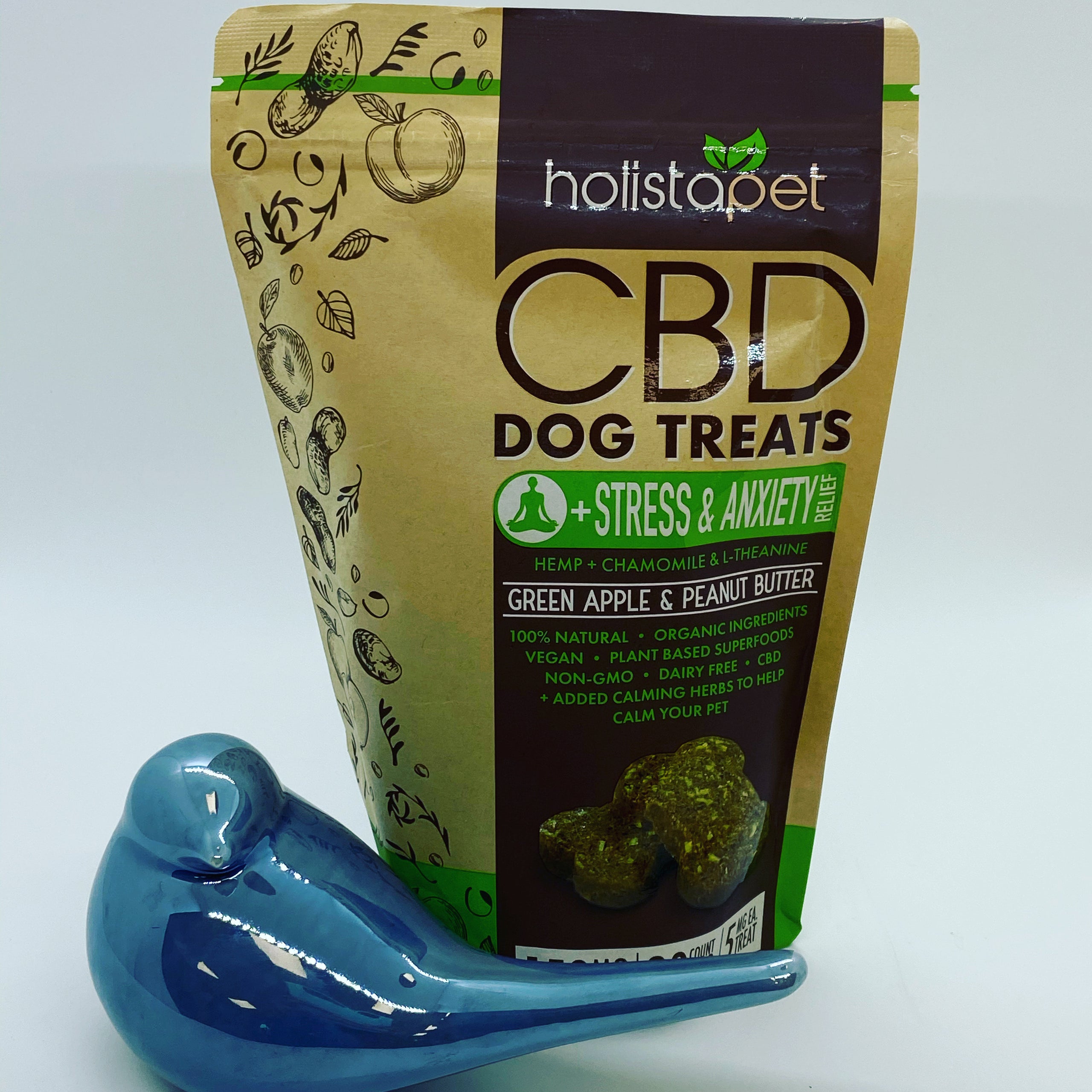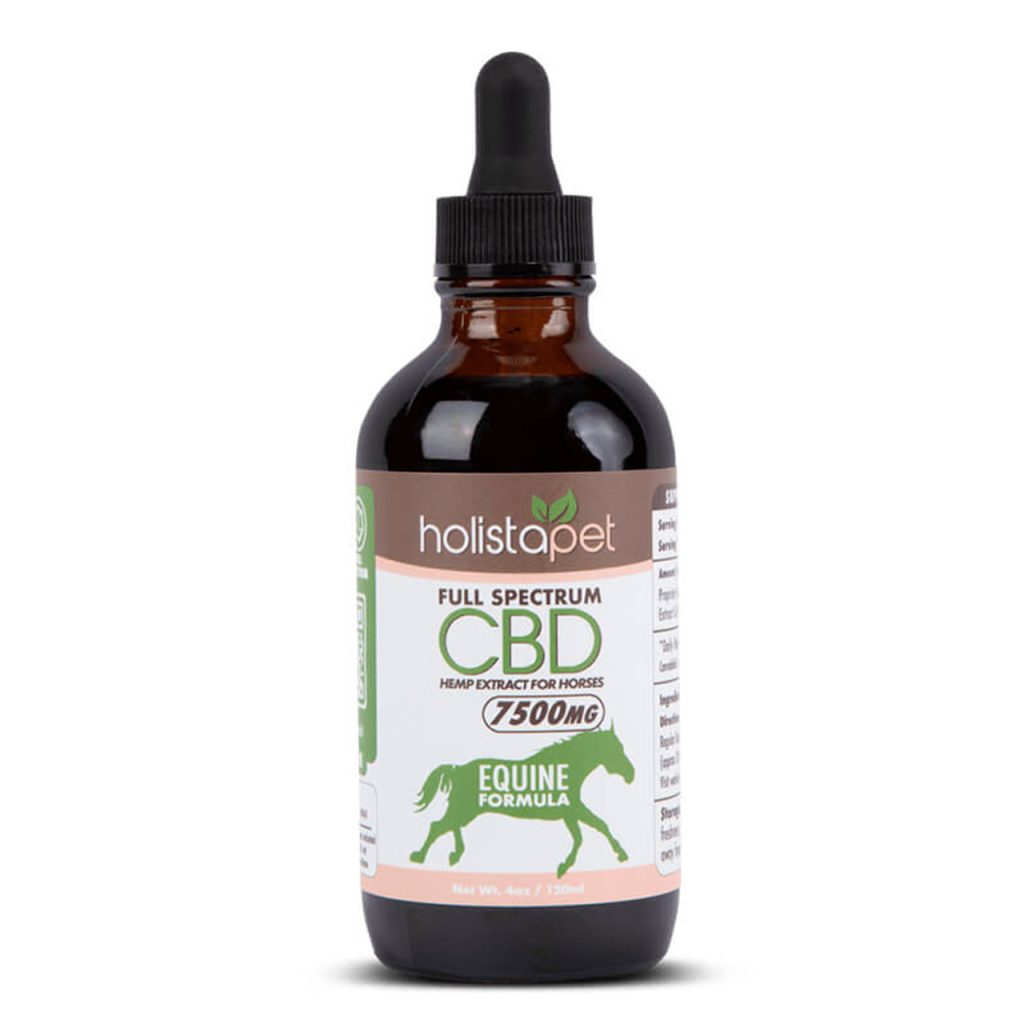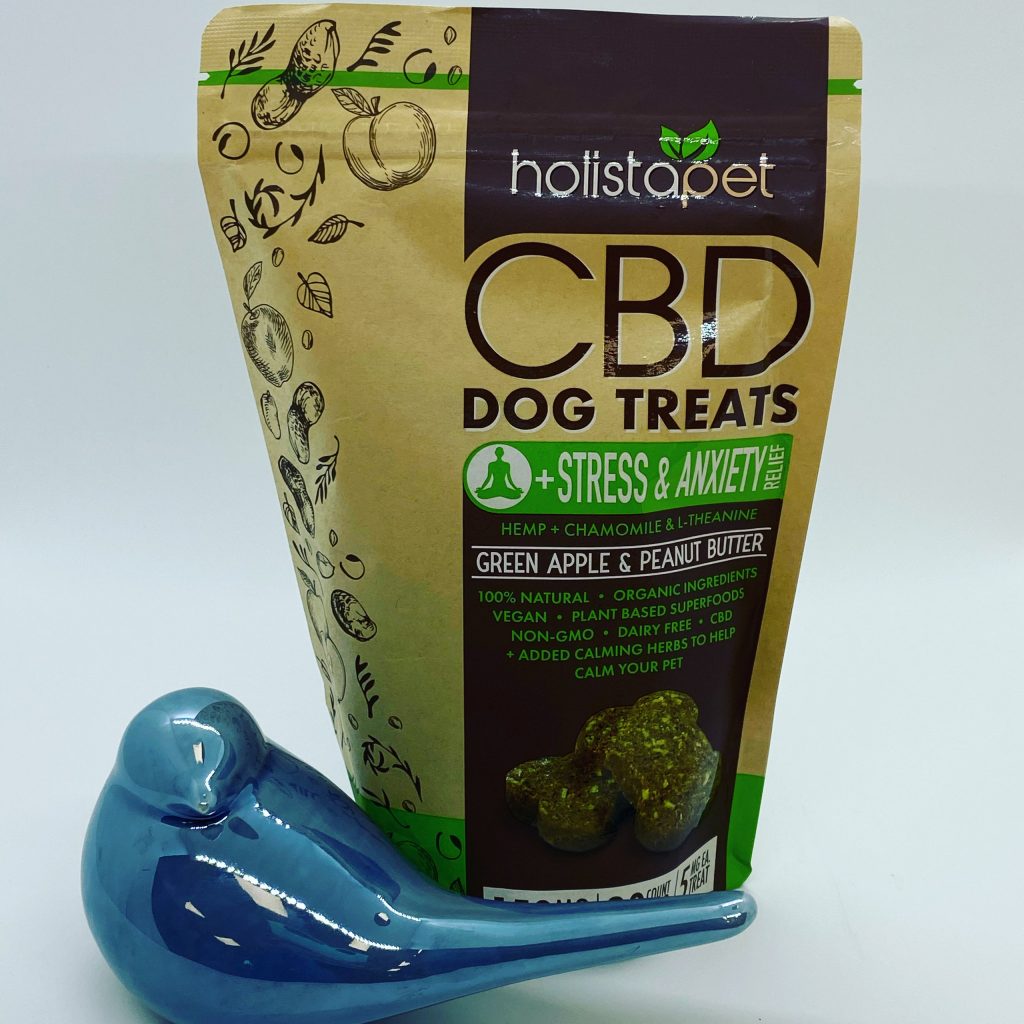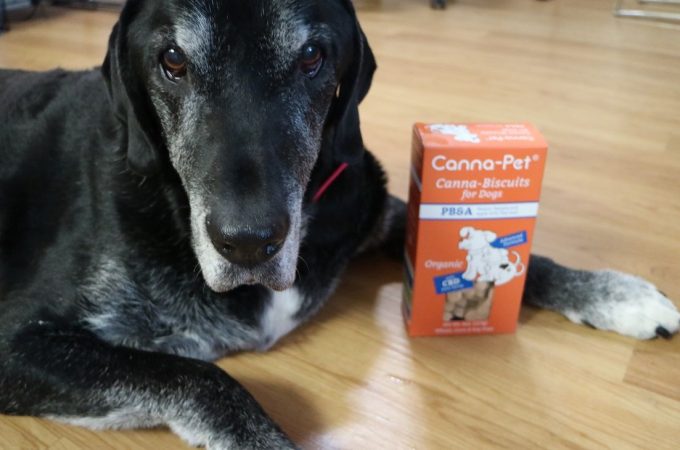
5 Tips For Giving Your Dog Vitamin Supplements
Giving your dog vitamin supplements is an important part of keeping them healthy, and can help to prevent several health issues. With the right approach, giving your pooch their daily dose of vitamins can be easier than you might think. Here are five tips on how to give your canine companion the best chance at staying healthy with dog supplements.
1. Choose the Right Supplement
When it comes to selecting the right supplement for your pup, several factors should be taken into consideration. First off, you’ll want to look at the type of vitamins or minerals that are included in each supplement – not all supplements contain the same ingredients so make sure you read labels carefully. You’ll also want to consider if your pup has any special dietary needs before choosing a supplement. Finally, check with your vet first before buying any over-the-counter supplement as they may have recommendations specific to your pet’s current health and diet needs.

2. Go For Quality Ingredients
When looking for a good quality vitamin or mineral supplement for your pup, it is important to look for products that contain natural sources of nutrients like food-based vitamins and minerals, rather than synthetic versions which may cause negative side effects such as digestive upset or allergies in some dogs. Natural sources will provide more bioavailable forms of these essential nutrients which can be better absorbed by the body and will help ensure maximum effectiveness when consumed regularly.
3. Stick To The Recommended Dosage
You must follow the dosage instructions provided on the product label when giving vitamin supplements to your dog; this includes both frequency (how often) and amount (how much). Overdosing on certain vitamins can lead to serious health problems so always consult with a veterinarian beforehand if you’re unsure about what dosage would be suitable for your pup’s size and breed type. It is also recommended that puppies only receive half doses until they reach adulthood since immature bodies cannot process large amounts of vitamins correctly yet and this could potentially lead to toxicity issues down the line if not monitored properly from an early age onwards.
4 . Monitor Food Intake & Weight Regularly
Regular monitoring of both food intake levels, as well as weight gain/loss, is key when giving a dog regular vitamin supplements since it allows you to adjust dosages accordingly depending on their individual needs such as activity level or body condition score changes over time etc… This helps ensure optimal nutrient absorption while avoiding potential overdoses due to sudden increases in daily calorie consumption levels without corresponding increases in exercise etc… which could result in excess weight gain leading to further complications associated with poor nutrition habits developing over time if left unchecked regularly enough..

5 . Use Treats As A Delivery System
Treats as a delivery system for oral supplements is one way many pet owners find helpful when administering tablets or powders directly onto food isn’t possible – just make sure not to go overboard with reward foods since these still need counting towards overall meal sizes during regular weighing sessions! Alternatively, some brands offer chewable options which can make things even simpler by allowing owners simply pop out pieces from foil wrapping packages instead; however these do tend cost slightly more compared other types available online or through vets offices too so keep budget considerations mind here too before committing long term purchases exclusively either route instead!

